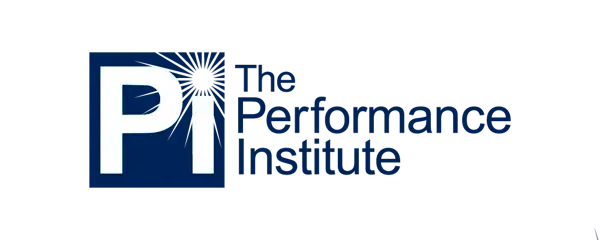Introduction
One of the key aspects that distinguishes award-winning localities, such as Colorado Springs, from the rest is their ability to quantify their efficiency and effectiveness. They don't just concentrate on inputs but have their eyes set on actual results. The performance management framework adopted by these cities, formulated by ICMA and GFOA, is based on principles adopted by the National Performance Management Commission.
For instance, the performance budgeting framework for the town of Hillsborough, California, is an outstanding model that ties the mission, performance measures, and indicators together for a continuous measurement of reporting, management, to improvement cycle. This cycle greatly depends on internal and external transparency and accessibility, signifying the involvement of stakeholders and partners.
Considering Community Well-being
While analyzing performance, it's imperative for organizations to critically evaluate the well-being of the community they serve. They need to align their finite resources with community priorities, which have been identified by external factors. Only then can they yield the desired results.
It's crucial to remember that the decisions and processes should be governed by accurate and meaningful data collected consistently. Additionally, these practices need to be sustainable, bearing in mind the changes that can happen over time due to unforeseen circumstances, changes in leadership, or even global crises like a pandemic.
Culture and Engagement
Organizational culture plays a significant role in the performance management shift. This culture is influenced by management and policymaking decisions. Therefore, it's crucial to ask how organizations are leveraging engagement to create impactful outcomes. In the City of Colorado Springs, for example, both collaborative and feedback engagement strategies that utilize tools for collecting, assessing, interpreting, and making accessible both qualitative and quantitative performance data will be heavily relied upon in the formulation of the next strategic plan for the 2025 budget cycle.
Continuous engagement is key, as it ensures a cycle of impact through engagement. There should be a process, or a strategy of engagement utilized to identify the priorities of a local government to formulate and identify measures of success.
Leveraging Tools for Performance Management
Transitioning into a performance-informed budgetary approach requires the right tools. Over the last five to six years, the City of Colorado Springs has been working on bringing about tools to support this transition. Tools like OpenGov, Socrata, Power BI, and Zen City have been instrumental in promoting accountability, transparency, engagement, continuous improvement, and data accessibility.
The key to tracking progress is reporting it, making it accessible and transparent to the internal team, and also making it publicly accessible. Tools like OpenGov and Socrata provide a visual platform for governments to share data with the public and track performance progress in a quantitative way. Power BI allows for the creation of engaging and dynamic data visualizations to aid decision-making, while Zen City helps understand public sentiment and survey residents about programs, services, and priorities.
In conclusion, achieving measurable impact in the realm of local government is a strategic, ongoing process. It requires robust systems and processes, commitment from all stakeholders, and a willingness to adapt and evolve as necessary. The journey of Colorado Springs offers valuable insights and lessons for other cities looking to make a similar leap toward efficiency and effectiveness.
If you're interested in learning more about Strategic Planning consider enrolling in our upcoming course Strategic Planning on September 11-12, 2023. Our course seeks to increase effectiveness and develop understanding and consensus on strategies and objectives for achieving short and long-term goals.














